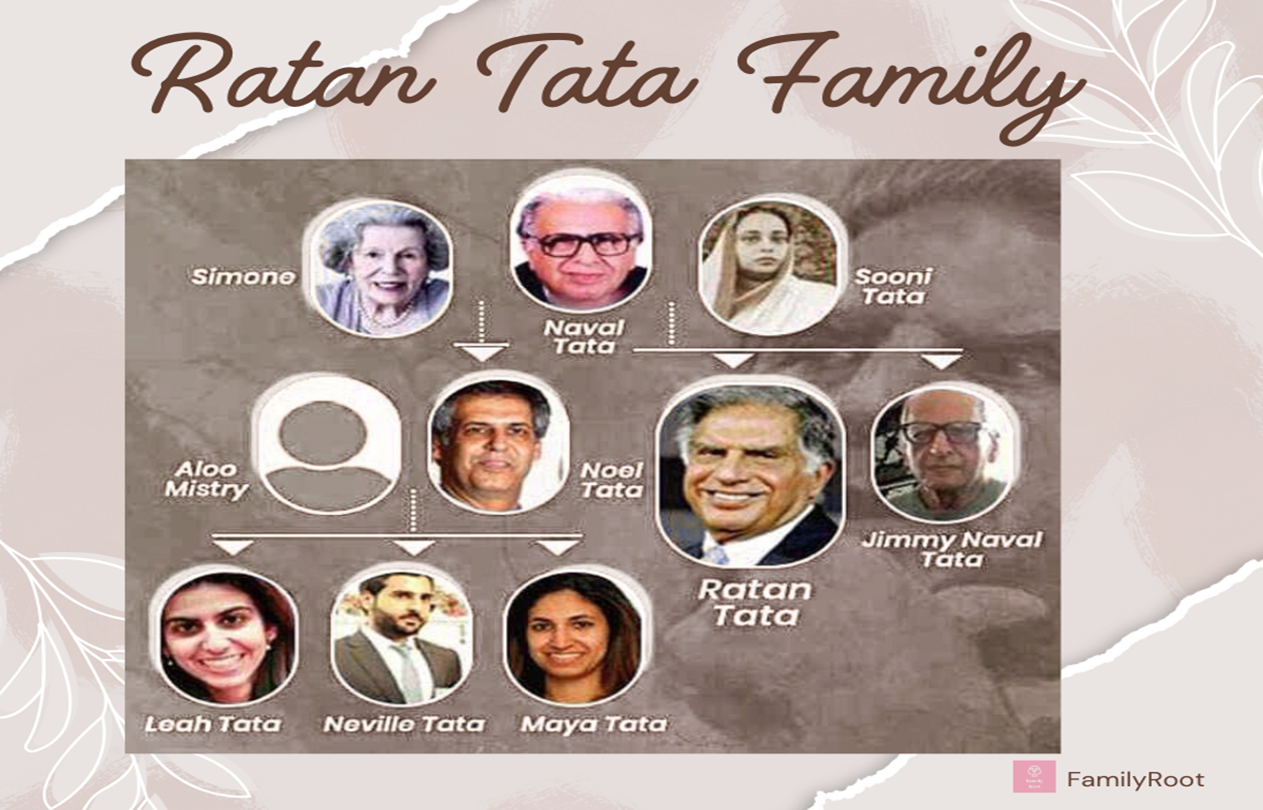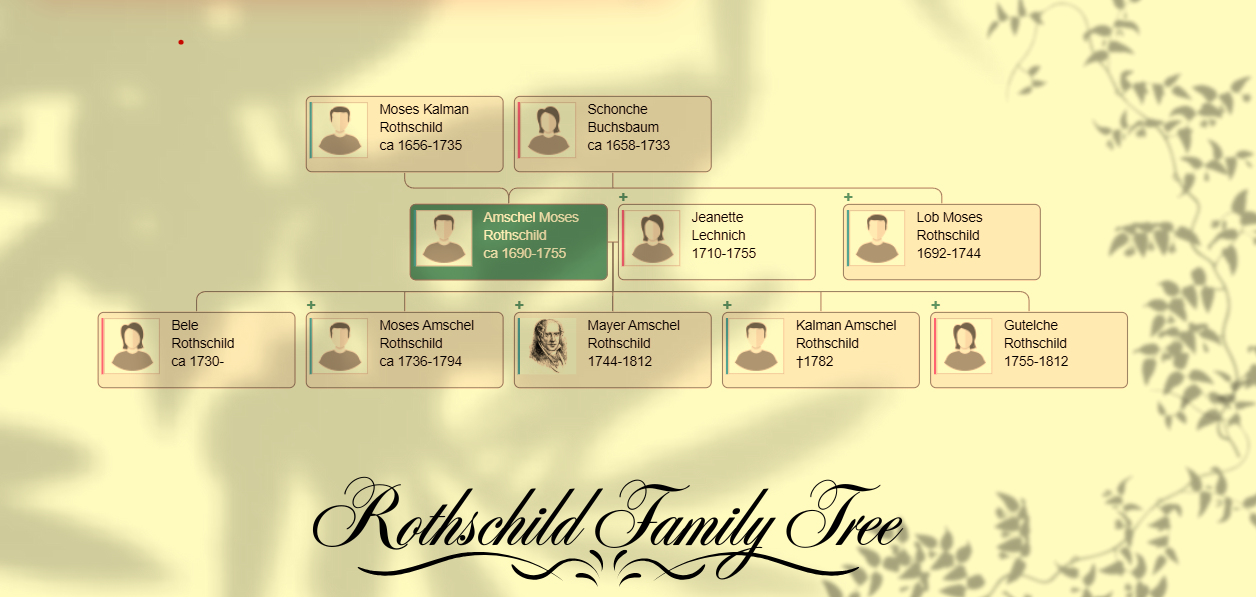The House of Melaka, or the Malacca Sultanate, was a prominent Malay dynasty that ruled from approximately 1400 until 1511. Founded by Parameswara, a former prince of the Singapura kingdom, the sultanate played a pivotal role in the spread of Islam and Malay culture throughout Southeast Asia.
🧬 Family Tree of the Malacca Sultanate
The lineage of the Malacca sultans is primarily documented in the Malay Annals (Sejarah Melayu), a historical literary work that combines both history and legend. While some details may vary across sources, the generally accepted succession is as follows:
-
Parameswara (r. c. 1400–1414)
-
Originally a Hindu prince from Palembang, he fled to Temasek (now Singapore) before establishing Malacca. He is believed to have converted to Islam later in life, adopting the name Iskandar Shah.
-
-
Megat Iskandar Shah (r. 1414–1424)
-
Son of Parameswara, he continued his father's legacy and strengthened Malacca's position as a trading hub.
-
-
Muhammad Shah (r. 1424–1444)
-
Also known as Raja Tengah, he was the third sultan and is credited with furthering the Islamic faith in the region.
-
-
Abu Syahid Shah (r. 1444–1446)
-
His short reign ended abruptly, leading to political intrigue and his assassination.
-
-
Muzaffar Shah (r. 1446–1459)
-
Son of Muhammad Shah, he consolidated power and repelled external threats, notably from Siam.
-
-
Mansur Shah (r. 1459–1477)
-
Under his rule, Malacca reached its zenith, becoming a renowned center for Islamic learning and trade.
-
-
Alauddin Riayat Shah (r. 1477–1488)
-
Known for his piety and justice, he maintained Malacca's prosperity.
-
-
Mahmud Shah (r. 1488–1511)
-
The last sultan of Malacca, his reign ended with the Portuguese conquest in 1511, marking the fall of the sultanate.
-
📜 Sources and Historical Context
-
Malay Annals (Sejarah Melayu): This seminal work provides a narrative of the Malacca sultans, blending historical facts with mythological elements. It remains a crucial source for understanding the sultanate's lineage and cultural impact.
-
Family Trees and Genealogies: Visual representations of the Malacca Sultanate's lineage can be found in various scholarly works and online platforms. For instance, the Family tree of Singapura-Melakan monarchs on Wikipedia offers a detailed chart tracing the succession from the Kingdom of Singapura to the Malacca sultans.
📚 Recommended Reading
For those interested in delving deeper into the history and genealogy of the Malacca Sultanate, the following resources are invaluable:
-
The Genealogy of Kings (Sulalat al-Salatin): A foundational text detailing the lineage and tales of Malay rulers.
-
Story of Malacca: Provides insights into the establishment and development of the Malacca Sultanate.
-
Old Malacca: Explores the cultural and historical significance of Malacca during its golden age.
🌿 Legacy and Descendant Sultanates
After the fall of Malacca, members of the royal family established new sultanates:
-
Johor Sultanate: Founded by Mahmud Shah's son, Sultan Alauddin Riayat Shah II, continuing the Malaccan royal lineage.
-
Perak Sultanate: Established by Sultan Muzaffar Shah I, another descendant, with a lineage tracing back to the Malaccan sultans.
-
Pahang Sultanate: Also founded by a branch of the Malaccan royal family, further extending the dynasty's influence.
🌍 Legacy of the Malacca Sultanate Family
-
Spread of Islam: Played a central role in the Islamization of Southeast Asia.
-
Cultural Influence: A hub for Malay literature, Islamic law, and maritime trade.
-
Political Legacy: After the fall of Malacca, royal descendants established other sultanates, many of which exist to this day (e.g., Perak, Johor).
📖 Sources of History
-
Sejarah Melayu (Malay Annals): A semi-historical chronicle blending myth and history about the sultanate.
-
Chinese records: Documented Malacca’s trade missions and political ties with the Ming Dynasty.
📜 Create Your Own Family Legacy!
Just like the Johor Royal family’s legacy, you can document your own family history with the Family Root App!
✅ Preserve Your Family Tree
✅ Share Achievements & Memories
✅ Connect with Relatives
- Android: Family Root App on Google Play
- iOS: Family Root App on Apple Store
📜 Disclaimer
The family tree and biographical information provided in this article are based on publicly available sources and records. While we strive for accuracy, we do not guarantee the completeness or authenticity of the data. This content is intended for educational and informational purposes only and does not aim to infringe on any individual's privacy or personal rights. If you believe any information is incorrect or wish to request edits or removal, please contact us at Info@familyrootapp.com.




